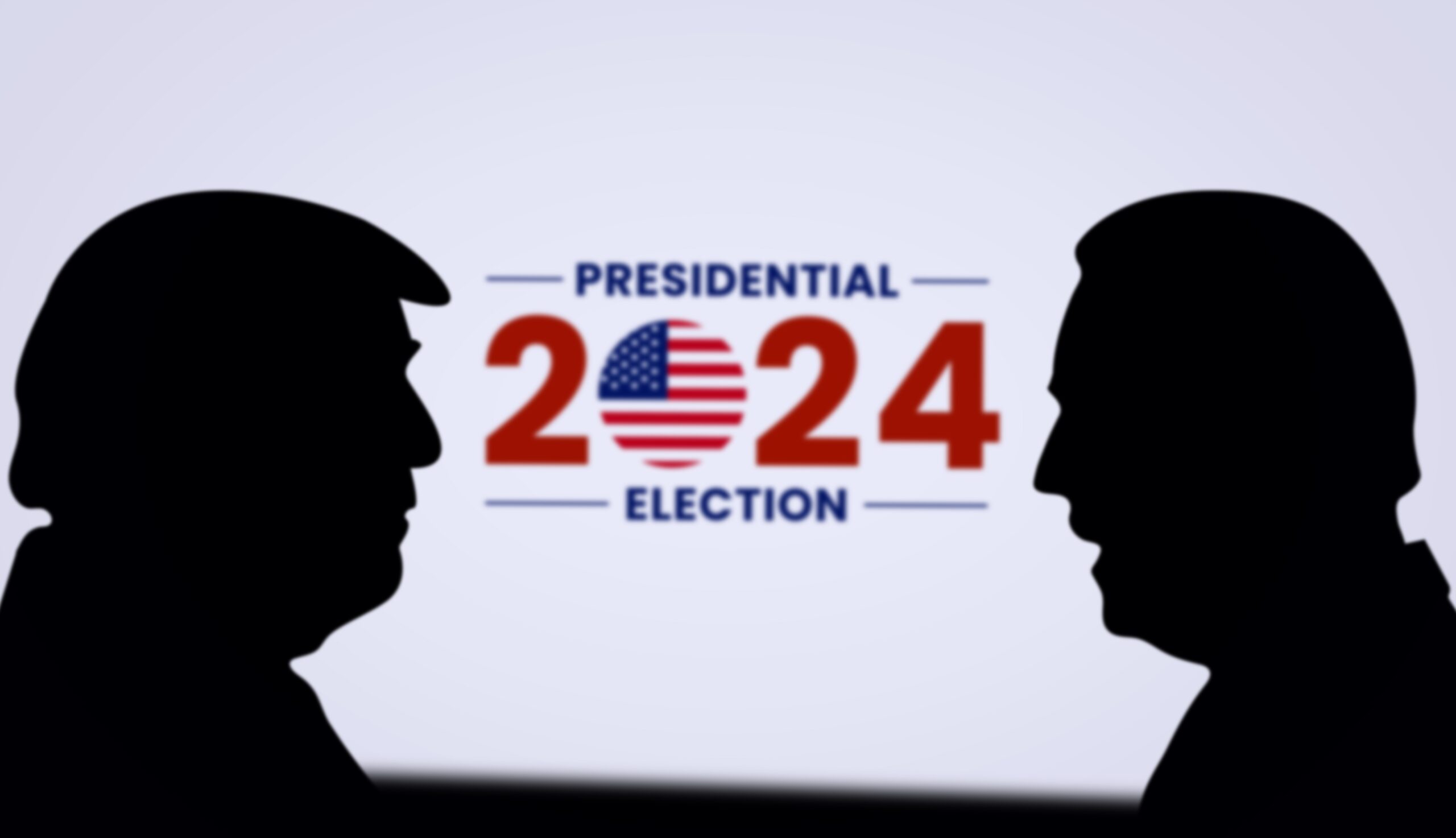The Iran nuclear negotiations have taken a bizarre turn as Trump’s team relies on information from a person who may not even exist.
At a Glance
- Trump administration appointed Michael Anton to lead technical negotiations with Iran on its nuclear program
- White House previously used an article by “Heshmat Alavi” to justify withdrawing from the 2015 Iran nuclear deal
- Evidence suggests “Heshmat Alavi” may actually be a fake persona created by the MEK, an Iranian opposition group
- Trump is currently pushing for diplomatic solutions while restraining Israeli desires for military strikes on Iran
- Secretary of State Marco Rubio stated Iran could have a civil nuclear program but not weapons
Phantom Journalists and Nuclear Negotiations
Remember when facts actually mattered in international diplomacy? Apparently not in 2018, when the Trump administration justified withdrawing from the Iran nuclear deal by citing an article written by someone who likely doesn’t exist. According to The Intercept, “Heshmat Alavi,” a supposedly independent Iranian dissident writer frequently published in Forbes, appears to be nothing more than a fabricated persona created by the Mujahedin-e Khalq (MEK), an exiled Iranian opposition group with a controversial history. This phantom journalist’s work was prominently cited by the White House to claim the nuclear deal allowed Iran to increase its military budget.
The MEK has long advocated for regime change in Iran – something many conservatives rightfully support given the Iranian regime’s decades of terrorism sponsorship and threats toward America and our allies. But using propaganda from dubious sources to shape nuclear policy demonstrates how desperate Washington had become to find justifications for its Iran policy. A defector from the MEK confirmed to journalists that “Alavi” is actually a team of people writing under a single byline, not a real individual. Yet this fake persona’s work formed part of the foundation for critical national security decisions.
Trump’s New Approach to Iran
Fast forward to today, and the Trump administration appears to be taking a more methodical approach to Iran negotiations. Michael Anton, who previously served as Deputy Assistant to the President and Deputy National Security Advisor for Strategic Communication in Trump’s first term, has been appointed to lead technical negotiations with Iran. Anton, a Senior Fellow at the Claremont Institute and former lecturer at Hillsdale College – both bastions of actual intellectual conservatism – will direct a team of about 12 people negotiating to restrict Iran’s nuclear ambitions in exchange for sanctions relief.
The first round of these critical discussions happened over Easter weekend, with further talks planned in Rome involving Special Envoy Steve Witkoff and Iranian Foreign Minister Abbas Araghchi. What’s particularly telling is President Trump’s restraint toward Israel’s military intentions. While Israel has considered launching attacks against Iranian nuclear facilities, Trump has reportedly pushed back, preferring to exhaust diplomatic options first – a sensible approach that demonstrates both strength and wisdom in the delicate balance of Middle East relations.
Diplomatic Solutions vs. Military Action
Trump’s approach to Iran shows a thoughtful evolution from his first term. Instead of relying on questionable information sources and immediate confrontation, he’s offering Iran a clear choice. As he stated, Iran has the potential for prosperity and peace, but failing to reach an agreement would lead to an “unfavorable” second option. That’s diplomatic speak for “we’ll obliterate your nuclear program one way or another” – exactly the kind of straight talk that gets results in dealing with regimes that only understand strength.
Secretary of State Marco Rubio clarified the administration’s position perfectly: Iran could have a civil nuclear program like other nations, but Trump adamantly opposes Iranian nuclear weapons. This distinction is crucial. Unlike the disastrous Obama-era deal that essentially gave Iran a pathway to nuclear weapons with a slight delay, Trump’s team is drawing clear lines while offering reasonable compromises. The appointment of Anton, with his intellectual conservative credentials, signals a return to foreign policy based on American interests rather than globalist fantasies.
The Media’s Role in Foreign Policy
The striking contrast between relying on a fake journalist’s claims in 2018 and today’s more measured approach highlights the critical importance of honest journalism and fact-based decision-making in foreign policy. Publications like The Daily Caller provide the unbiased reporting Americans desperately need on these complex international issues, especially when mainstream media outlets promote narratives that align with their political preferences rather than reality. When publications cite sources like “Heshmat Alavi” without verification, they become unwitting participants in propaganda operations.
The lessons here are clear. First, foreign policy should be based on verified intelligence and legitimate sources, not convenient narratives that fit predetermined policy goals. Second, America needs strong leadership willing to pursue diplomatic solutions while maintaining credible military deterrence. And finally, we need honest journalism that exposes falsehoods regardless of which political side benefits. As the Iran negotiations continue, these principles will determine whether we achieve lasting security or temporary political victories that ultimately leave America and our allies less safe.







